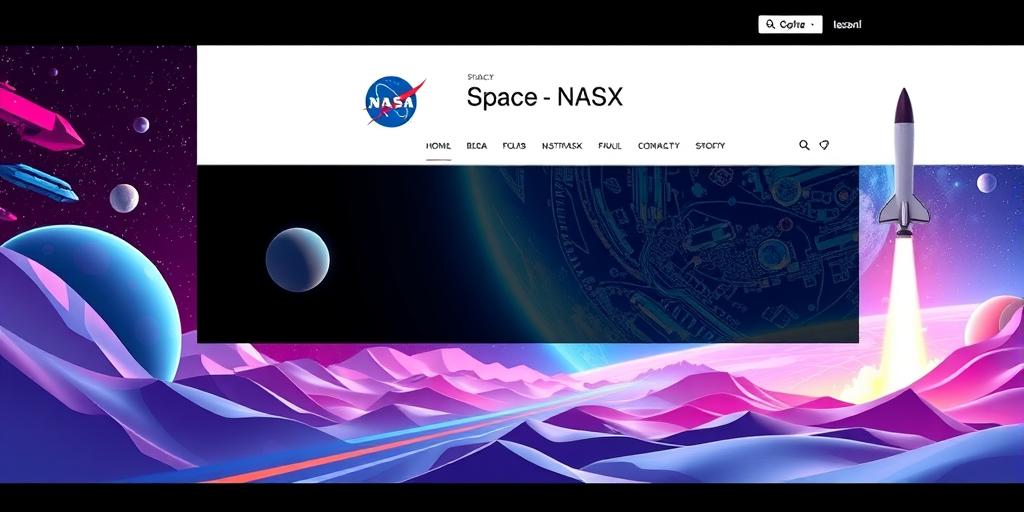Space Tech in the U.S.: How NASA and SpaceX Are Changing the Game
Hey there, space cadets! Let's talk about something seriously cool: the game-changing advancements in space technology happening right here in the U.S., thanks to the powerhouses NASA and SpaceX. I mean, who hasn't looked up at the stars and dreamed of exploring the cosmos?
First off, NASA. They're the OG space explorers, right? Been there, done that, got the moon rocks to prove it. But they aren't resting on their laurels. They're pushing the boundaries with projects like the Artemis program, aiming to send humans back to the moon (this time, to stay!), and eventually, on to Mars. It's mind-blowing! I'm seriously hyped about the possibilities.
Then you've got SpaceX, the new kid on the block, disrupting the space industry with their reusable rockets. Remember when launching rockets was a one-way trip? Seems crazy now, doesn't it? Elon Musk and his team are making space travel more accessible and affordable, which is HUGE. Think about it – private citizens in space! It's not science fiction anymore, people!
Let's be real, though. Space exploration is expensive. Really, really expensive. But the potential benefits are astronomical (pun intended!). We're talking breakthroughs in medicine, materials science, and communication technologies. Plus, there's the whole existential question of finding other habitable planets – you know, just in case things get a little dicey here on Earth. Not related, but can we talk about how cold it’s been lately?
And the collaboration between NASA and SpaceX? That's where things get even more exciting. They're working together on several projects, combining NASA's expertise and experience with SpaceX's innovative approach. It's a beautiful partnership, and it's paving the way for a future where space exploration is more collaborative and less competitive. I know, this is wild — but stay with me.
So, what's the future of space tech in the U.S.? It's bright, bold, and full of possibilities. We're on the verge of a new space race, but this time, it's about cooperation and pushing the boundaries of human knowledge. It's about making the impossible possible. Pretty cool, huh?
Have you tried this? Would love to hear your take!









